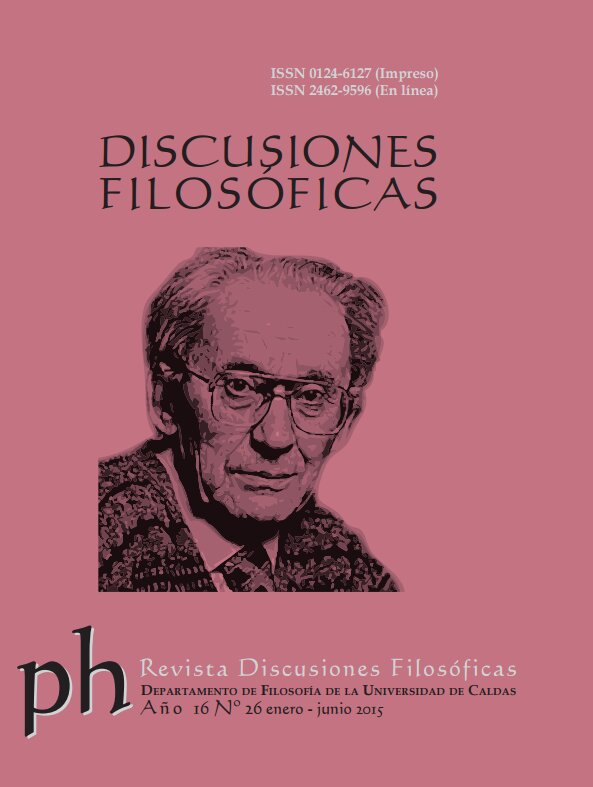Authors
Abstract
El artículo reflexiona teóricamente sobre cómo a través del prisma de una experiencia históricamente desgarradora como fue la Gran Guerra (1914–1918) el sociólogo y filósofo Maurice Halbwachs (1877-1945) y el literato y biógrafo Stefan Zweig (1881-1942), recrean algunos de los dispositivos centrales al estudio social y filosófico de la memoria: el olvido, el silencio y el recuerdo. El texto revisa, en esa dirección, algunos de los aportes filosóficos, sociológicos y literarios de dos de los textos principales de estos autores: Los marcos sociales de la memoria y El mundo de ayer. Memorias de un europeo. A lo largo del artículo se muestra que el objetivo de dicha revisión no es inventariar con exactitud lo propuesto por ambos autores alrededor de la memoria. Más bien, buscamos recrear como sus visiones sobre la memoria de la Gran Guerra resultan seductoras en su momento y de mucha actualidad hoy en día no solo por lo que dicen sino también por lo que omiten sobre este gran acontecimiento disruptivo.
Abstract
This article of theoretical reflection aims at showing how through the prism of a historically harrowing like the Great War (1914-1918), the sociologist and philosopher Maurice Halbwachs (1877-1945) and the writer and biographer Stefan Zweig (1881-1942), recreate some of the central devices to the social and philosophical study of memory: oblivion, silence and remembrance. The paper reviews some of the philosophical, sociological and literary contributions of two major works by these authors: Social Frames of Memory, and the World of Yesterday. Memoirs of a European. Throughout the article I show that the views of these two authors about the memory of the Great War are seductive in their time and very current today not only for what they say but for what they omit about this great disruptive event.

 PDF (Español)
PDF (Español)
 FLIP
FLIP




























